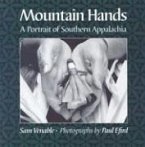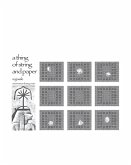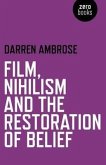I argue that under an Aristotelian understanding of human nature it is impossible for human beings to ever be fully good. Some recent accounts of moral virtue, especially that of Philippa Foot, that start from a notion of a fully good life for human beings, and take human goodness to be what is required to live that life. But there is a problem with this, namely that the idea of an ideally good human life requires an understanding of human nature first, and that account of human nature is exactly what is expressed by a picture of what it is to be a good human being. Instead we should start from an idea of what it is to be a human being. expressed in functional terms. I argue that it is possible to do this by taking functions to be part of the membership criteria for certain kinds of things. Then I argue that we can identify which ways of evaluating human beings functionally are moral evaluations by reference to the characteristic use of those evaluations. Finally I argue that if virtue both involves a link to human nature and gets things right, as Aristotelian accounts do, many human virtues are unattainable, since humans characteristically get things wrong.








